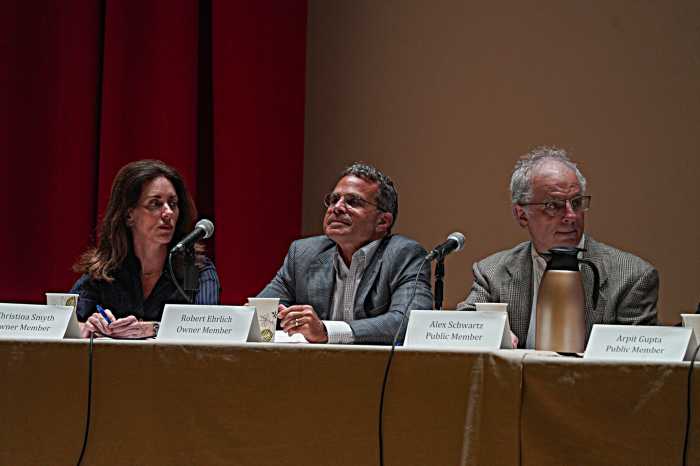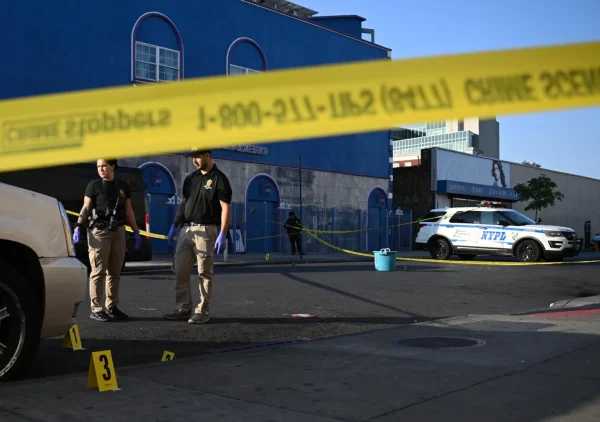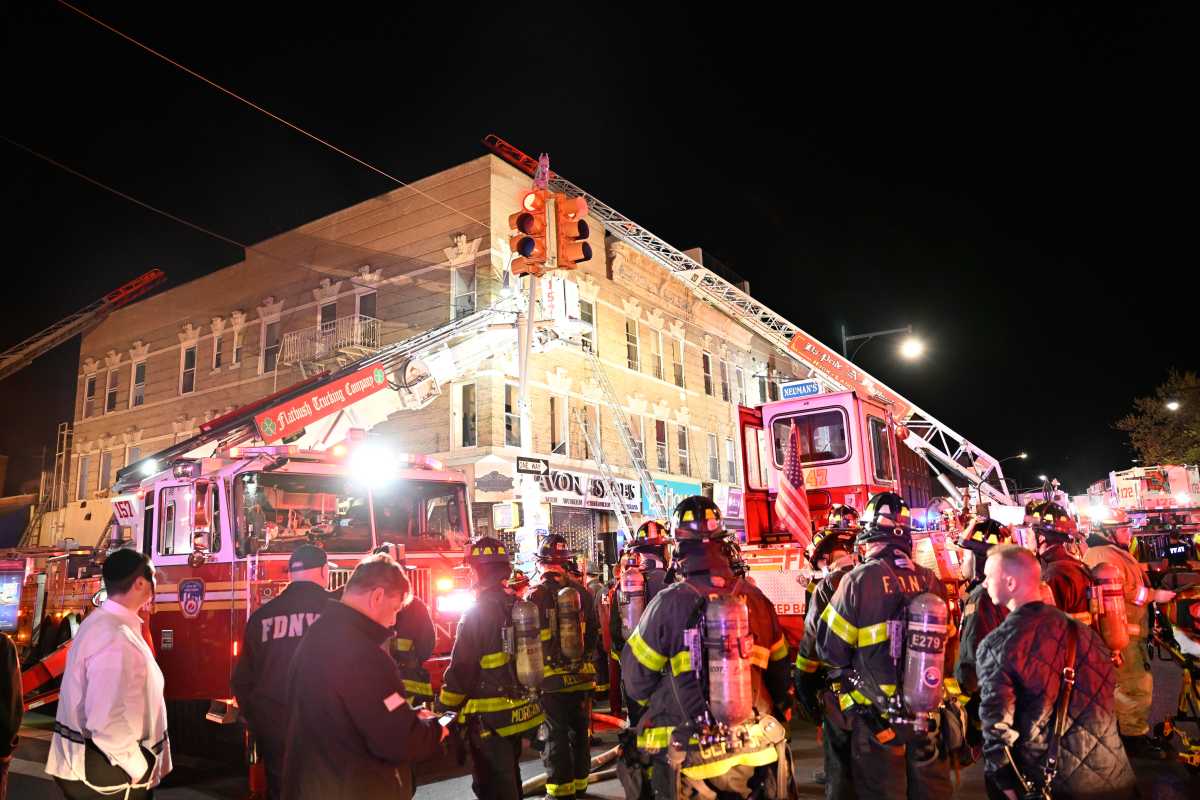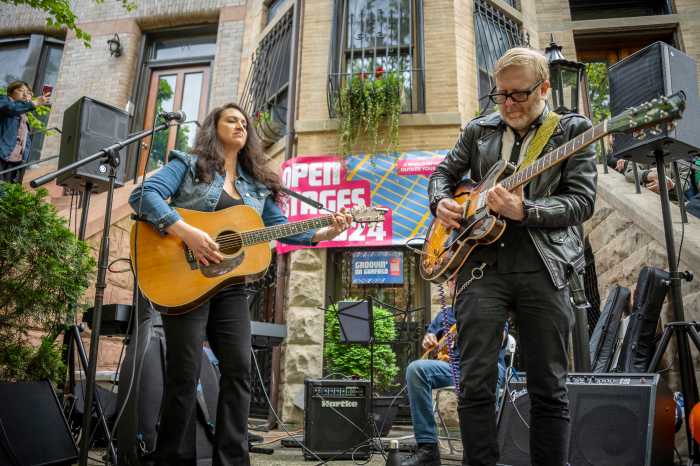
That’s some bio-might!
Mayor Bill de Blasio announced a $500 million initiative Tuesday to spur the development of the city’s biotech industry, a sector that includes medicinal research, pharmaceuticals and other fields.
Although the city is home to 100 research foundations and nine medical centers, the mayor said there is untapped potential for researchers and entrepreneurs.
“It is a sector that fits here in New York City that really keys into some of our real attributes and competitive advantages,” he said.
One of the biggest investment proposals in the LifeSci NYC initiative is the creation of an Applied Life Sciences Campus, similar to the Cornell Tech school that will open on Roosevelt Island next year.
The proposed campus, which will either be set up on the East Side or Long Island City, will be operated in conjunction with at least two schools. It will bring together instructors and companies to educate future innovators, according to the mayor.
Dr. Harold Varmus, a senior associate at the New York Genome Center who will be co-chairing the mayor’s Life Sciences Advisory Council guiding the initiatives, said when he did his studies in the San Francisco area, he benefited from a close association between academia and industry.
Varmus, a Nobel laureate who also teaches at Weill Cornell Medical Center, said when he moved to New York years later he was shocked that there wasn’t a similar environment for science.
“It’s largely because it has been overshadowed by sports and fashion and finance and the other great things that make New York a wonderful place to live,” he said.
In addition to the campus, the initiative, which the mayor said will be funded by the city, calls for a $50 million investment to expand research facilities at existing medical centers and institutions and $300 million in tax incentives over a decade to entice life science businesses and firms to move to the city.
De Blasio expects the proposal to generate 16,000 new jobs over the next decade.
Several big names in the biotech field, including Pfizer, Eli Lilly and Company and Acorda Therapeutics and schools such as Columbia University said they were on board with the initiative.
“The initiative will make it possible to move discoveries from academic labs to the clinic through the growth of biotechnology in the city,” Dr. Tom Maniatis, the chair of the biochemistry department at Columbia University Medical Center, said in a statement.
Although the mayor acknowledged the fruits of the investments are “many years away,” he predicted they would pay off. De Blasio said he modeled the initiative on former Mayor Michael Bloomberg’s “playbook” for attracting tech companies, talent and schools away from Silicon Valley to the Big Apple.
Twenty years ago, there were roughly 50,000 tech jobs in the city. Now there are around 300,000 and the number is growing, according to the mayor.
“We want to take those natural strengths we have and magnify them, take full advantage of them and make this the go-to place for so many companies,” he said.
Here are some steps the city will take to promote biotechnology growth:
– Invest $100 million to create a new Applied Life Sciences Campus.
– Provide $50 million to expand existing research facilities.
– Commit $20 million a year in matching funds to support biotech startups.
– Provide $300 million in tax incentives over a decade for new lab space and life science companies.
– Create a Life Sciences Advisory Council that is staffed with scientific experts.

































